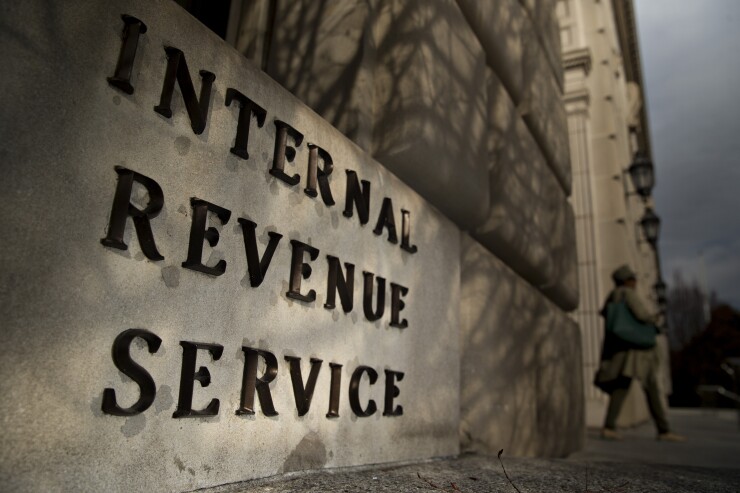The Internal Revenue Service

Certain small businesses whose gross receipts are $25 million or less, along with certain trades or businesses, aren’t subject to the limits under this part of the new tax law.
For tax years starting after Dec. 31, 2017, the deduction for business interest expense is generally restricted to the sum of a taxpayer’s business interest income, 30 percent of adjusted taxable income and floor plan financing interest. Taxpayers will have to use a new tax form, Form 8990, Limitation on Business Interest Expense Under Section 163(j), to determine and report the deduction and the amount of disallowed business interest expense to carry forward to the following tax year.
The limit doesn’t apply to taxpayers whose average annual gross receipts are $25 million or less for the three previous tax years. That amount will be adjusted annually for inflation starting next year.
Other exclusions from the limit are certain trades or businesses, such as doing services as an employee, electing real property trades or businesses, electing farming businesses and some regulated public utilities. Taxpayers have to elect to exempt a real property trade or business or a farming business from this limit. The IRS said taxpayers can rely on the rules in the proposed regulations until the final regulations are published in the Federal Register.





